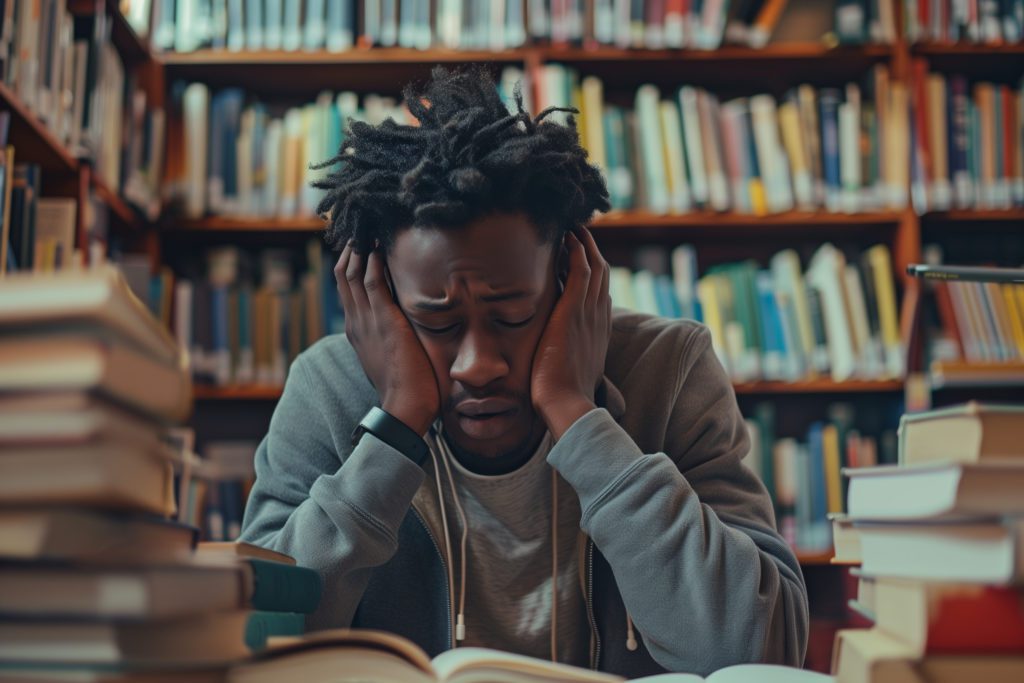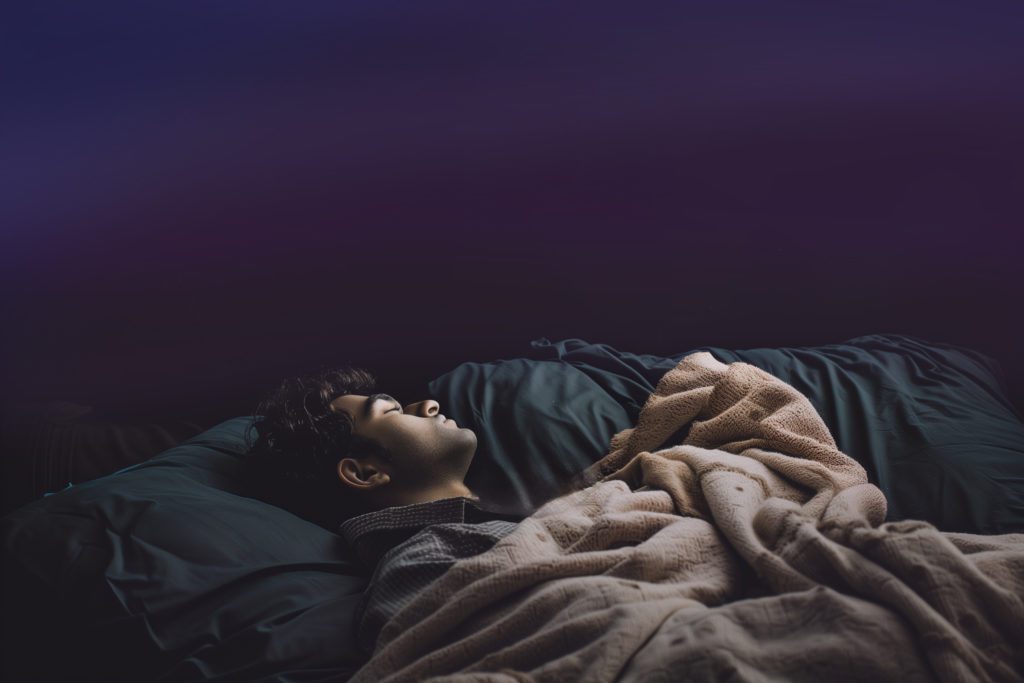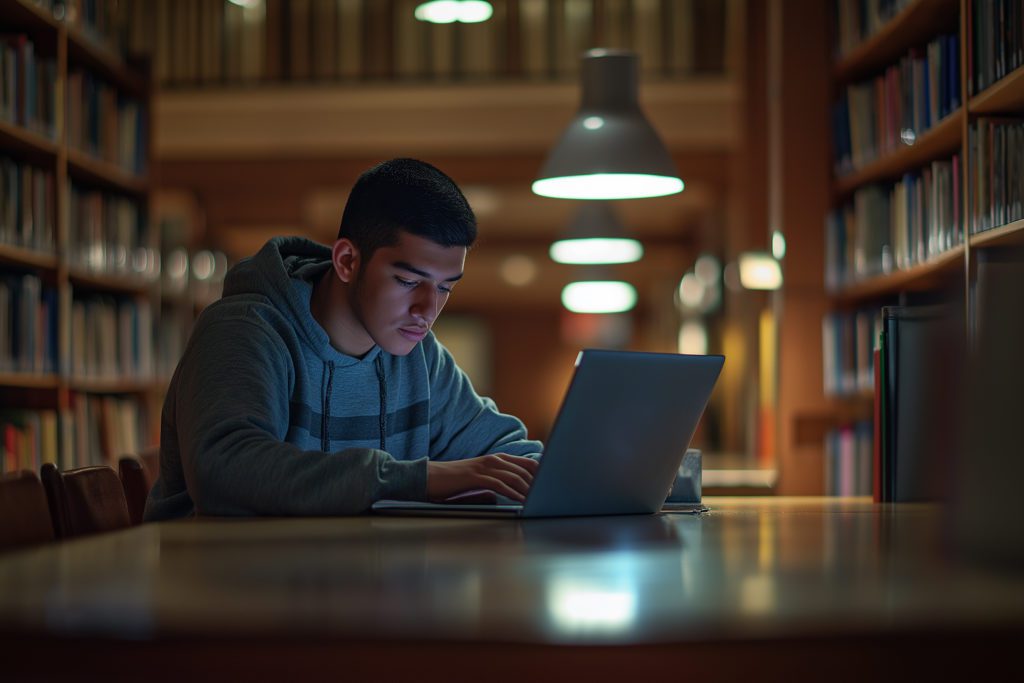
Sleep Hygiene for Students: Tips for Establishing Healthy Bedtime Routines
Over 70% of students sleep less than 8 hours. Therefore, it is important to establish good sleep hygiene for students to save them from drastic outcomes.

The sleep hygiene of students is important in avoiding poor health and poor performance in academic activities. Sadly, most students develop unhealthy sleeping habits, which causes different diseases and decreased productivity at work.
According to the Sleep Foundation, over 70% of high school students sleep less than the recommended 8 hours on school nights. This lack of sleep can affect their cognitive functions, mood, and overall well-being. Therefore, it is important to establish good sleep hygiene for students to save them from drastic outcomes.
For this, we will discuss the sleep hygiene checklist in this blog. Understanding it will help the students have a quality night experience, like never before.
What is Sleep Hygiene?
Sleep hygiene involves the habits or acts you practice, from going to bed to waking up in the morning. It's all about developing a regular and healthy bedtime routine.
As for students, maintaining a proper sleep schedule enhances focus, memory, and school results. Additionally, knowledge and practices concerning sleep hygiene in students can go a long way in improving the quality of life and performance in both academic and non-academic fields.
Common Sleep Problems Among Students
Due to various reasons, students develop several sleep problems, including insomnia, irregular sleep schedules, and excessive daytime sleepiness. These issues can be attributed to several factors, such as academic pressure, social activities and the use of electronic devices before sleep.
Poor sleep hygiene results in a vicious cycle of less sleep during the night and decreased performance during the day. Therefore, to address these issues, students have no option but to improve their sleeping habits.
Impact of Sleep Hygiene on Mental Health
Sleep hygiene is directly related to mental health and thus requires the students to develop proper sleep habits. It helps decrease stress, improve mood, and enhance the cognitive functions of the brain. Good sleeping habits effectively help students who are vulnerable to anxiety and depression.
One of the valuable results of following a regular sleep pattern is the improvement in emotional stability. Therefore, when you give your brain the rest it needs, it acquires an incredible energy to deal with the stress of everyday life. This, in return, enhances academic accomplishment and entire health.
Therefore, following a standard sleep hygiene checklist gives students a better chance of a healthier and happier life.
Your Sleep Hygiene Checklist
A sleep hygiene checklist helps the students follow good sleep practices.
First and foremost, the basic step of quality sleep hygiene for students is maintaining a regular schedule. It includes going to bed and waking up at the same time daily, even on the weekends.
You should also pay good attention to the place where you sleep. The bedroom should be a dark, quiet room. We know you haven't paid much attention to it before, but room temperature should also be maintained at a standard level to achieve the highest comfort level.
Simple activities like reading, meditating, or having a warm bath at night can also go a long way in improving sleep quality.
There are certain things that you should not do before going to bed. The most important of all is the use of electronic devices. Using screens can affect your sleep-wake cycle. Therefore, it is recommended to limit screen time before going to bed.
Additionally, caffeine and heavy foods should not be consumed before bed.
Tips for Establishing Healthy Bedtime Routines
Healthy bedtime routines significantly help to improve students' sleep hygiene.
Maintaining fixed hours of sleep assists in sustaining your body's internal clock, which is important to make you fall asleep during the night and wake you up in the morning.
You should only be using your bed and bedroom for sleep. For a much better experience, you can also play tranquil tones in your room before bed. These relaxing tones will work as a signal to the body to start the process of falling asleep.
Additionally, a dark, quiet room at the right temperature also promotes the release of melatonin in your brain. It is a hormone that compels your brain to fall asleep and promotes a quality night sleep.
A healthy lifestyle is also important for students to maintain good sleep hygiene. For this purpose, you should actively engage in exercise daily. However, exercise should be done at least a few hours before bed so that it would not affect your sleep experience. Additionally, the consumption of properly balanced nutrition and intake of water also contribute highly to the quality of sleep
How to Address Sleep Hygiene Challenges?
Students often face unique challenges that can interfere with their sleep hygiene efforts. Academic pressures, social commitments, and lifestyle choices can all contribute to poor sleep habits. The most important step in eliminating these factors from your life is time management. It can reduce the risk of stressing elements such as last-minute study, enabling a relaxed evening program.
An organized timetable will not only eliminate cases of last-minute studying but also enhance sleep. However, if the problems continue, students can go to a counselor or a health care provider. Overcoming these difficulties enables students to adhere to better sleep schedules and thus enhance the quality of their lives.
The Role of Technology in Sleep Hygiene
Technology truly acts as a boon and a bane as far as sleep hygiene for students is concerned. For example, electronic devices like mobile phones and laptops emit blue light. The light causes changes in the brain, leading to difficulty falling asleep. Other than that, these devices can be a source of distraction, keeping students awake longer than intended.
Yet, technology also helps students with sleep issues by offering them applications to track their sleeping patterns. Pillow is an application for iOS devices. The main goal of this app is to help students track their sleep. Based on its analysis, the app also offers tips to help students have a better sleeping experience.
The key is to use technology wisely and avoid screen time before bed.

Written by
Dr Aqsa
As a Medical Doctor, Dr Aqsa, uses her knowledge to craft complex medical information that is understandable to the general public. For years, she has tried to improve health literacy and empower readers with valuable health knowledge through her articles, blog posts, and educational materials.
Download Pillow
Get help
Press & News
Legal
Connect
X (Twitter)
Company
Copyright © Neybox Digital Ltd.


